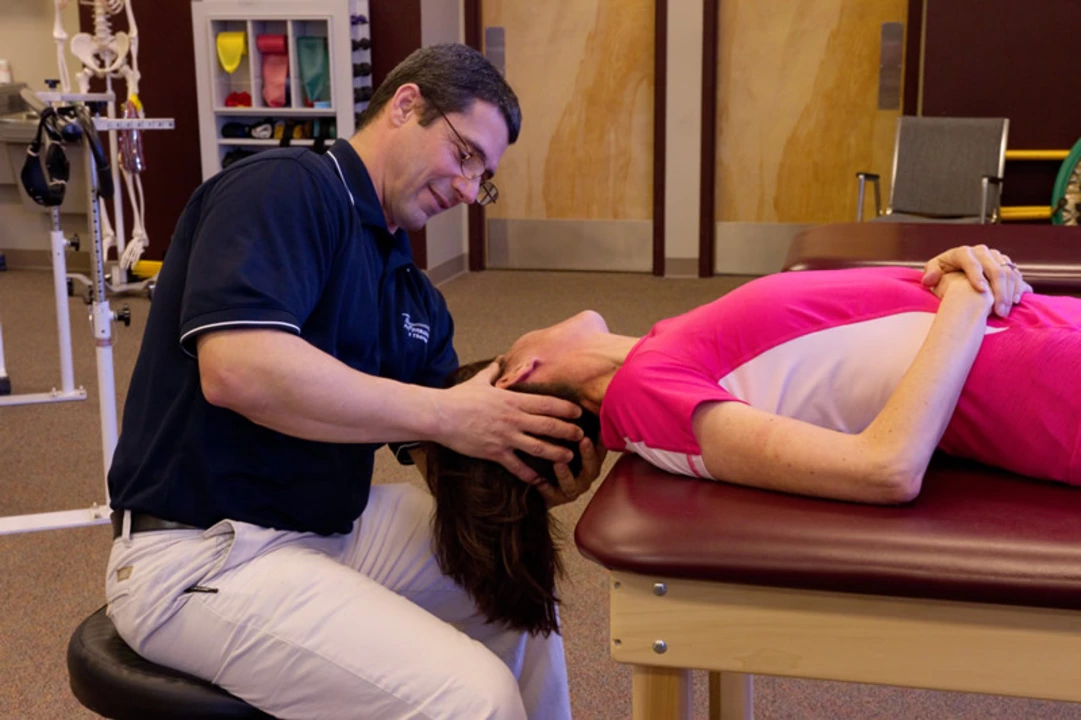Dizziness treatment: practical tips to feel steady again
Dizziness can stop you cold. Whether it’s a lightheaded spin or a room that won’t stop moving, the goal is the same: reduce risk and find what helps quickly. This guide gives clear steps you can try at home, what medicines and therapies work, and when to call a doctor.
Quick home fixes
First, sit or lie down right away to avoid falling. Sip water—dehydration often causes lightheadedness. If you’ve been up and down a lot, eat a small snack with salt and carbs to rebalance blood sugar and sodium. Try the Epley maneuver if you feel a spinning vertigo when you change head position; it’s a simple head-turn sequence that can fix inner ear crystals. Move slowly when getting up from bed or a chair: stand, count to ten, then walk. Avoid bright lights and screens during an attack. Over-the-counter antihistamines like meclizine can help short-term for motion-related dizziness, but check reactions like drowsiness.
Vestibular rehabilitation exercises help if dizziness is recurring. They train your brain and inner ear to work together again. Basic exercises include gaze stabilization (focus on a point while moving your head side to side) and walking while turning your head. Do these under a therapist’s guidance at first; they’ll show you proper steps and how often to practice.
When to see a doctor & medical options
Seek urgent care if dizziness comes with chest pain, fainting, severe headache, weakness, slurred speech, or double vision. These could signal a stroke or heart problem. Book a regular appointment if attacks happen often, last long, or disrupt daily life.
Your doctor will ask about timing, triggers, and other symptoms. They may do balance tests, ear exams, blood pressure checks, and simple neurological checks. For persistent vertigo, they might order hearing tests or imaging like an MRI. Treatments include prescription antivertigo drugs, steroids for certain ear conditions, or antibiotics for inner ear infections. For dizziness linked to blood pressure, adjusting medications or salt and fluid intake can help.
Physical therapy, stress reduction, and sleep hygiene matter too. Anxiety and poor sleep make dizziness worse. Try a steady sleep schedule, cut caffeine in the afternoon, and practice breathing or mindfulness during flare-ups. If you take multiple medicines, review them with your doctor—many cause lightheadedness as a side effect.
Keep a short dizziness diary: note time of day, what you were doing, foods, and how long it lasted. That record helps your doctor find patterns and pick the right treatment. Small changes—hydration, slow movement, targeted exercises—often cut attacks fast. If things don’t improve after a few weeks, push for further tests or a referral to an ENT or neurologist.
Wear stable shoes and avoid quick turns during flare-ups. Don’t drink alcohol before driving or swimming when you’ve felt dizzy lately. Keep your phone and a helper nearby if episodes are severe. If dizziness began after a head injury, get immediate medical attention—some problems need urgent scans and specialist care. Track and report.

